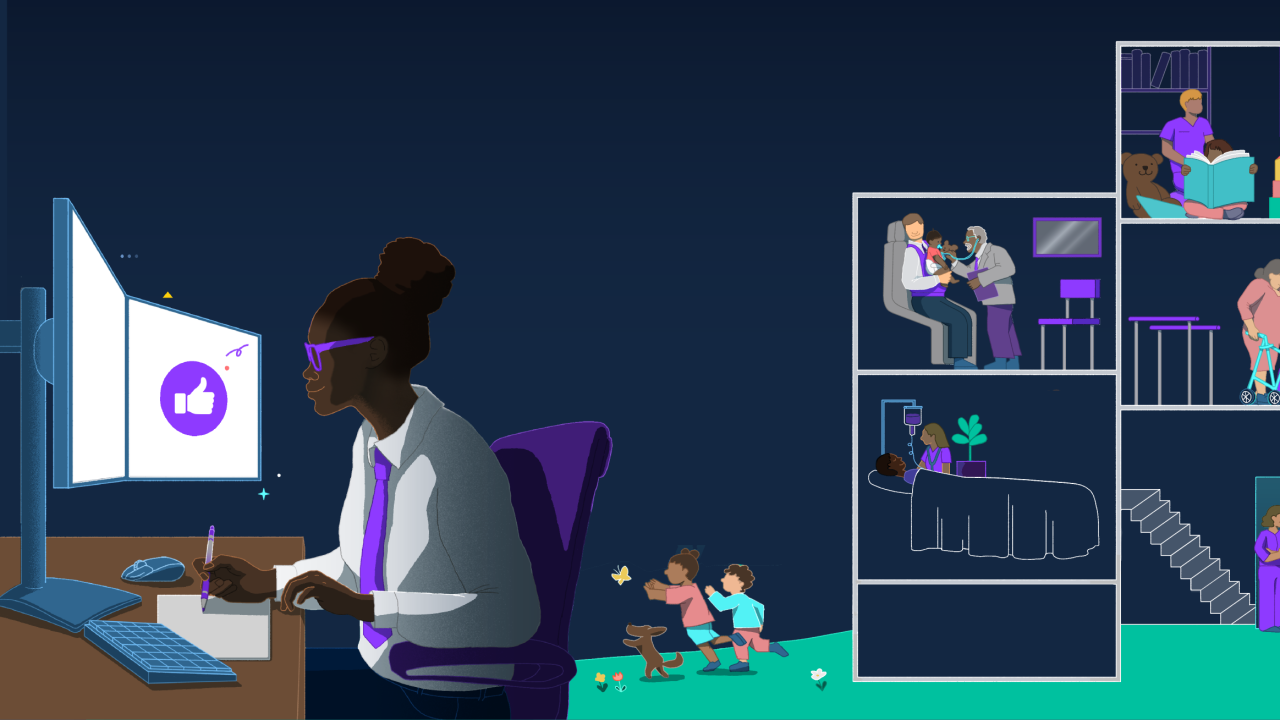In an
Despite the growing need for a secure digital workforce, nearly 600,000 cybersecurity jobs remain unfilled across the United States, according to cybersecurity insights platform Cyberseek. And the existing population is not only dwindling, but lacking diversity — only 9% of the cybersecurity workforce self-identifies as Black, according to data from the Aspen Institute.
In an effort to solve two problems at once, cybersecurity training and certification organization SANS Institute launched a nationwide cybersecurity education scholarship, open to students and alumni from historically Black colleges. The hope is to not only grow the profession, but
Read More:
“Over the last six years we’ve focused on reskilling adults and providing pathways for people into cybersecurity who might not otherwise have them,” says Max Shuftan, director of mission programs and partnerships at SANS Institute. “And one of the biggest challenges [for BIPOC tech employees] has always been the lack of belonging.”
The scholarship provides students with a curriculum that offers fundamental cybersecurity skills in computers, technology, networking and security, according to the release. Students in the program are required to complete three courses, and must complete each course and certification in twelve weeks.
Cybersecurity has not been the most appealing career choice for young adults, and this career path may not even be available at colleges outside of private institutions. But thanks to the pandemic and the
Read more:
“It's really important to make young people aware of it as a career and then show them that there are people that come from similar backgrounds to them and share their voice and experiences,” he says. “People who look like them that they can look up to as role models and who are doing well in this field — both in policy and leadership.”
The technology landscape has historically failed its Black employees — with BIPOC tech employees
“[BIPOC employees] deal with imposter syndrome or feel intimidated applying for a job and when they join a team, they feel isolated,” Shuftan says. “Bringing attention to diversity, equity and inclusion — not just in cybersecurity, but in society as a whole — has been a good thing for corporate America to try to face and address the work that still has to be done.”






